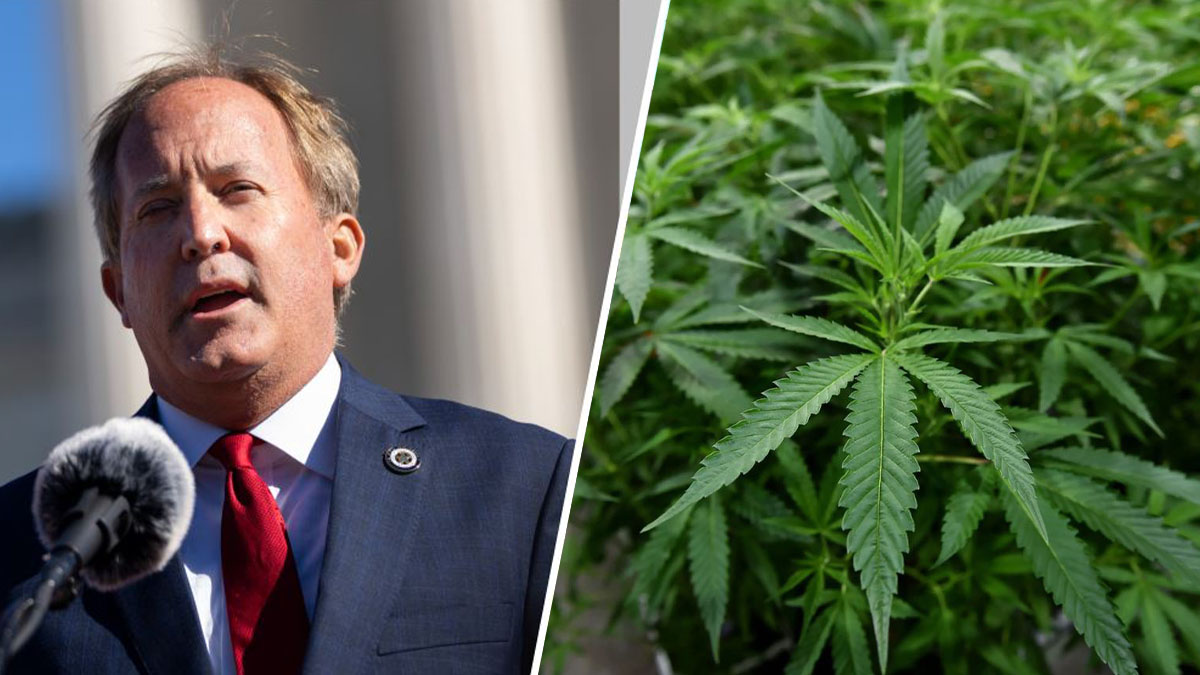A major reassignment of Dallas Police officers to uniform patrol from special assignments has some people concerned about ignoring the tasks those officers were performing before.
Crime response teams and undercover deployment officers were placed back in uniform last Wednesday to answer 9-1-1 calls to improve response times, according to a memo to the Dallas City Council late Friday from Assistant Dallas City Manager Jon Fortune.
The changes undo many of the crime fighting strategies adopted by former Dallas Police Chief David Brown.
Dallas City Councilman Adam McGough, Chairman of the City Council Public Safety Committee, said he wants more answers about the benefit of removing so many officers from the special assignments.
“There’s going to be a trade off,” he said. “Some of these officers are the tip of the spear that make the biggest impact.”
Dallas Police data for all of 2017 shows priority one response time slowed to 8.47 minutes compared to 7.77 minutes in 2016. All categories of response were slower in 2017. The lowest priority four calls were answered on average in 83.29 minutes in 2017 compared with 64.02 minutes in 2016.
“When you call 911 you expect a police officer to show up,” McGough said.
Local
The latest news from around North Texas.
Fortune was not available for comment Monday.
New Dallas Police Chief Renee Hall from Detroit is away from daily office duties as she studies for the Texas Peace Officer exam. She has until September to pass it.
“We know she’s looking for efficiencies. We know we need more officers on the street, but every change has an impact and a cost associated with it,” McGough said.
The crime response teams and undercover deployment officers work with detectives to make arrests and serve warrants according to Dallas Fraternal Order of Police President Michael Walton who is a former Dallas detective.
Walton said some officers were given just one day notice when they were told to be in a patrol car the next day and leave behind what they had been doing.
“Taking away these individuals from these groups is more of a hurt to the citizens of Dallas who expect for their crimes to be solved,” Walton said. “We’re not going to have anybody to target these individuals who continue to commit these crimes.”
Dallas Police Association President Mike Mata said the officers being reassigned perform an important crime prevention function.
“This is just a band aid and this is not a permanent fix,” Mata said. “It’s going to affect crime and the crime rate.”
Response times slowed in the 2017 data along with the decline in police manpower. The number of sworn officers at the end of 2017 declined to 3,058 compared to 3,362 in 2016 and 3,489 in 2015. More officers have retired this year. Overall crime declined in Dallas for 2017 by 3.6% but violence crime edged up 2.94% with an 11.69% increase in business robbery and 10.27% in aggravated assault.
After receiving the memo to the City Council, Dallas National Latino Law Enforcement Organization Greater Dallas Chapter President George Aranda issued a statement.
“Chief Hall is making every attempt to do what she can with the limited resources she has inherited. Until we have a city leadership that sees the big picture of compensating their police officers, the only individuals who will suffer because of the lack of vision from the city’s leadership is the everyday stakeholder. Until then the department will continue to do more with less with the band aid effect and continue to lose officers daily. Robbing Peter to pay Paul has always failed when it comes to public service,” Aranda’s statement said.
Tarleton State University Law Enforcement Expert G.M. Cox has been monitoring the Dallas Police situation. He also reviewed the memo Monday.
Cox said the concerns of Police Union leaders are not always aligned with the best interests of the public. But he agreed that new Chief Hall is “between a rock and a hard place” with the choices available.
“Dallas is not the employer of choice,” Cox said.
Dallas continues to lag behind other cities in Police pay and benefits after a 2017 pension crisis that scared many veteran officers into faster retirement.
On the other hand, Cox said heavy focus on improving response times to less serious incidents that have already occurred may not be the best use of sworn police officers. He suggested civilians could be sent to gather information from some of those callers.
Cox supported the plan mentioned in the memo to use an “interview panel” of ranking Dallas Police officials to decide who would fill Community Affairs positions in the future.
A police spokesman said officers would have to reapply for positions they previously held.
Chief Hall has already realigned the Dallas Police Command staff, sending some commanders to lower supervisory ranks after a similar process of making commanders reapply for fewer command jobs.
Of the 3,058 sworn officers at the end of 2017, Dallas Police figures show 1888 were in patrol, 420 in strategic deployment, 307 were assigned to investigations, 304 to administration and 139 were assigned to support services. No officials were available Monday to confirm exactly how many officers were being reassigned to patrol but the number evidently comes from the 420 in strategic deployment.
In comparison, the 2016 year end figures were 2118 officers in patrol, 434 in strategic deployment, 355 assigned to investigation, 304 in administration and 151 in support services.
Dallas Fire Rescue has done better than the Police Department in retention and hiring but still has vacancies to fill this year.



